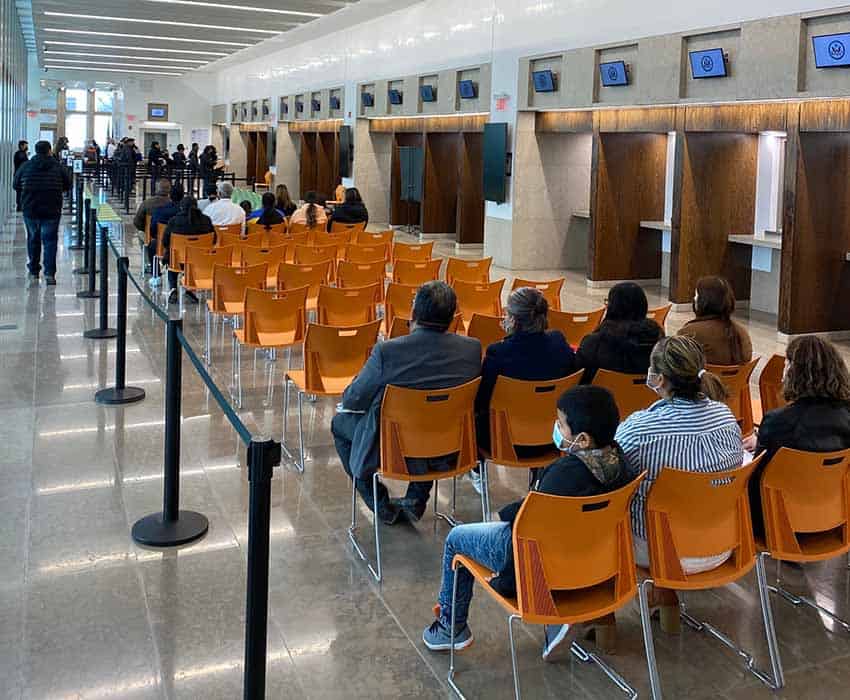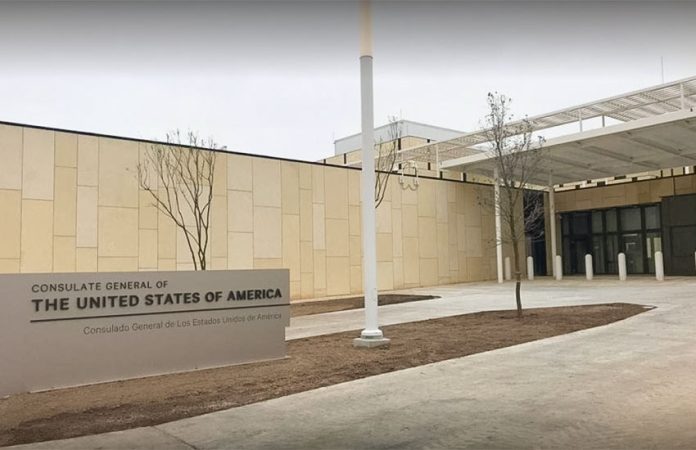The backlog of United States tourist visas continues in Mexico, with an average wait time of 450 days for visa interviews.
According to the U.S. State Department’s official webpage for requesting visa appointments, most United States consulates in Mexico already have interviews scheduled into 2024. The wait time varies depending on the city: an applicant in Mexico City will wait 686 days for an interview.
The major Mexican city with the lowest anticipated wait time is Nuevo Laredo, at 331 days.
The COVID-19 pandemic significantly impacted wait times for obtaining a travel visa to the U.S. due to health restrictions preventing in-person interviews. In November, the State Department claimed that it had successfully reduced wait times for travel visas, with an average global wait time of only seven weeks. Still, wait times vary throughout the world, with Mexico still falling well above the average.
The U.S. government also noted that it was taking measures to reduce wait times, including waiving in-person interviews when possible and processing visas remotely.
At the beginning of 2023, the U.S. government released a list of types of applicants who aren’t required to carry out visa interviews, including students, temporary and specialized workers, exchange program participants and certain athletes and artists.

The backlog in tourist visas is costing some U.S. cities billions in lost revenue. On Monday, a bipartisan group of 44 mayors signed a letter to Secretary of State Antony Blinken that underscored the economic impact of long wait times.
“Due to a lack of prioritization of visitor visa categories, cities and counties are missing out on the opportunity to compete for millions of international visitors due to U.S. visa processing delays,” the letter said.
“Local economies lose because international business and leisure travelers spend more money on their trips to the United States than domestic travelers.”
The letter also pointed out that the backlog of visitor visas affects not only tourists but also family and friends of U.S. residents with relatives in other countries.
“It’s a loss for people in our communities whose loved ones can’t attend important life events because they are being forced to wait close to a year or more to obtain visas,” the document said.
The mayors stated that 43% of international visitors in 2019 came from a country where a visa is required to enter the U.S. If the visa delays continue, a US $7 billion loss of revenue can be expected in 2023. An estimated US $5 billion was lost in 2022.
With reports from Infobae and The Dallas Morning News
